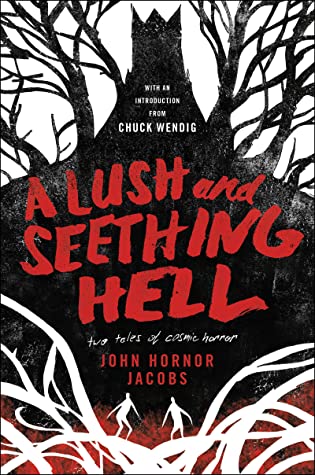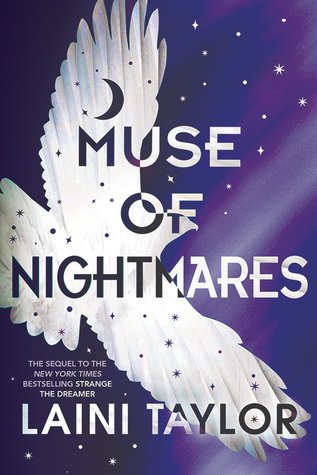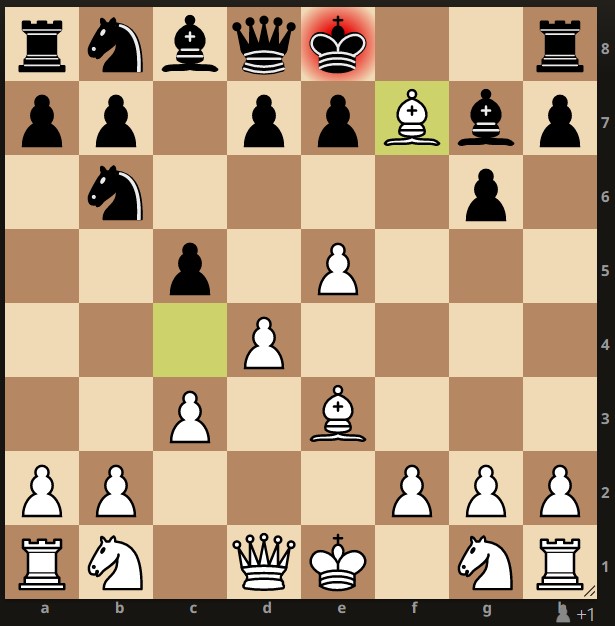The Orville and the roots of Star Trek

There is a psychological theory that tries to categorize behavior and personality into three: the Child, the Parent and the Adult. I am not really a specialist (I feel that the word "psychological" is an oxymoron), but in short you get the Child, who feels things and acts on impulse and pleasure and is creative, the Parent, who respects and enforces rituals that hold society together and free individuals from trivial decisions, and the Adult, who tries to do the best to mediate between the other two states by striving towards an objective view of reality.
The roots of Star Trek, from this point of view, are that of an Adult that sometimes leans towards Parent. The show examines our current beliefs by creating fictional situations where they are put to the test. Characters or even entire societies assume archetypal roles, child-like, parent-like, while the role of the heroic Federation crew is to mediate some sort of understanding between them. As any good sci-fi, it is meant to make people think for themselves.
No other show makes this mission clearer than Star Trek Discovery, which failed miserably to be Star Trek because it pushed its agenda on the viewer, rather than letting them think for themselves and make their own choice. Star Trek has touched so many controversial subjects, usually without taking things too far, but occasionally doing a brilliant job to inspire introspection.
For example the Borg, which were always "evil" in their attempt to circumvent individuality and absorb everything and everybody in their megaorganism. Yet, with characters such as Hugh and Seven of Nine, grey areas were explored, culminating, I believe, with the conflict between Seven and Janeway, when her individuality is returned to her, but then her choices to return to the Collective are rejected. I still believe that they could have done a deeper job here, but times being what they were and the show being American, they got pretty far as it is. Personally, I would make an entire show about humans and a Borg-like species only.
Frustrated by rules and rituals (heh!), Seth McFarlane, a huge Star Trek fan, decided to stop begging people to let him do a Star Trek show and created his own, borrowing what he could from the original show and improving or changing things to escape the confines of copyright. The Orville was born, a show that is a must see for any Star Trek fan. And I have to admit that when I decided to write this post, I was planning to talk about the differences between shows such as Star Trek Next Generation (and DS9 and especially Voyager), which leans a little too much toward the Parent role, and The Orville, which does a pretty good job being an Adult. But then I've changed my mind.
The reason why I've changed my mind is the story of Topa. If you have not watched The Orville yet, please do so because I am going to spoil it for you.
OK, so Topa is the female child of a two males Moclan couple in a society that considers females a genetic aberration. When a female infant is born, they immediately change their sex to male and never tell the children they were born different. How apropos this subject is, a society of homosexual males forcefully trans-forming any female baby, analyzed from our current socio-political point of view. And they did a fantastic job... at the beginning.
You see, the first part of the story is about the disagreement between one parent and the other about if they should obey the mandated custom of their home planet, even if they are on a Federation (sorry, Union) ship. You can guess which part the crew was leaning toward, yet they had to accept the decision of the people in the culture that child was born... which was to proceed with the transformation. A disappointment for our American minded future union of planets, but what an episode finale! And before that, the revelation that the most revered poet of the Moclan culture is actually a female living in secrecy and willing to reveal herself to "fight for the cause".
The second part is when the femaleness of Topa surfaces and makes her feel she lives in the wrong body. Again a lot of politics and scandal and opinions back and forth. This time, the episode is less ambiguous and I think the writers were actually afraid to do it any other way. Or they were lazy. Because at the end they skirt the law and the agreements between species and they reveal to Topa that she was born a female and immediately revert her to a female state in the same episode. A lot of effort went into making the supportive parent look good and the reticent parent look bad.
Finally (maybe) the episode I saw today, where the female poet, now leader of a colony of all female Moclans that are protected from their homeworld's wrath by a Union agreement, tries to coopt Topa to be part of the "resistance" and she, hero-pressured, accepts, then almost loses her life at the hands of the evil all male Moclan military. I applauded the way it exposed the hypocrisy of the female leader, using a child to further her agenda and also endangering the entire colony that she was responsible for. However, again I felt like the conflict was resolved too quickly and too swiftly towards what we would accept as agreeable: Topa escapes with her life, the entire Union rejects the Moclan way of life and even the conservative parent makes a comeback complete with a full reversal of his opinions. How is the Union going to keep itself together if they can't accept the local idiosyncrasies of member states?
And here is where the Parent, Adult, Child analysis feels appropriate. Topa, the child who wants to do what she feels is right and damn the consequences, Klyden the parent who won't renounce his custom and beliefs regardless of who that hurts and Bortus, the other parent - with an entire interstellar Union to support him, who has to find an adult way forward in which harm is minimized.
I feel like the first episode about Topa lifted Orville above Star Trek shows. I know, blasphemy! How can I discount the eternal greatness of Star Trek? Well, because I compare the whole thing with the Seven of Nine storyline, where the show quickly dismissed her desire to return to the Collective as childish and went full Parent Janeway on her, even working towards a Mother/Daughter dynamic between them to justify it all. The Orville episode looked at individual opinions, cultural clashes, diplomatic discourse, the feelings of everyone involved and made the brave choice to not give the audience what it hoped for. Thus, making them think about the whole thing. Now with the other two episodes, I feel like the writers succumbed to societal pressure to resolve the conflict the only way the viewers would accept. And pronto! Before they #metoo McFarlane! Or maybe that's just stupid and childish, I don't know. I just liked the first episode so much compared with the "classical" other two.
I think the PAC (Parent-Adult-Child) model is pretty useful in dissecting these Star Trek-like situations. I find it inspiring that the Adult, which is something people supposedly should strive to achieve psychologically, cannot exist in a vacuum. Without Adults and Children, it has no direction, it's like an AI system without a value function, while the two other roles generate this direction from feeling and instinct (genetics) and experience and tradition (culture). Whenever the crew encounter an alien species and enter the inevitable conflict, they have to not only solve the problem, but also do it in a way that is objectively and morally better, while also catering to their often strong feelings about a subject. Fascinating!
We must be aware of the attraction we people have for strong authoritative figures that "know what's best", just as we must be aware of how easy solutions that feel good in the moment may have disastrous consequences further down the line. In some way, accepting everything from Picard-like people is almost as dangerous as acting like Q all the time.
Haven't you ever wondered what a show like Star Trek would be like if situations were actually dangerous, where tech solutions would not solve everything in minutes and the alternatives are run, negotiate, intimidate or attack? When meeting some backwater one planet civilization that sentences your people to death for stamping on a flower, instead of spending one hour to save them using some loophole in the local law system to just arm photon torpedoes and say "Choose a city. Any city. Preferably one that you won't need anymore." Or if phasers would be set on "cut through stone" whenever firing at an alien lunging towards the crew? Or using any and all technology one finds to increase the tactical advantages of your ship and navy?
But that's the whole point! Star Trek is not about levelling up, is about finding yourself with just shitty options and still choosing the one that is most principled and logical for everyone involved. About examining one's preconceptions and reaching not a conclusion, but a point of decision where the viewer can spend some time and think. It's about good writing! Compare that with Kirk on a motorcycle and you realize what the roots of Star Trek are all about.
I wanted to write a post about how Star Trek treats too many situations as a Parent, probably because it was created by people in the 60s and 70s, and is sometimes too eager to put characters in their place because family (yeah, The Fast and the Furious doesn't have a monopoly on that) and how The Orville is going above that. Then I realize that they are actually doing the same thing, most of the time, with Orville just freshening things up and having a little bit more courage when writing their stories. And I love it!
Happy Trekking!













